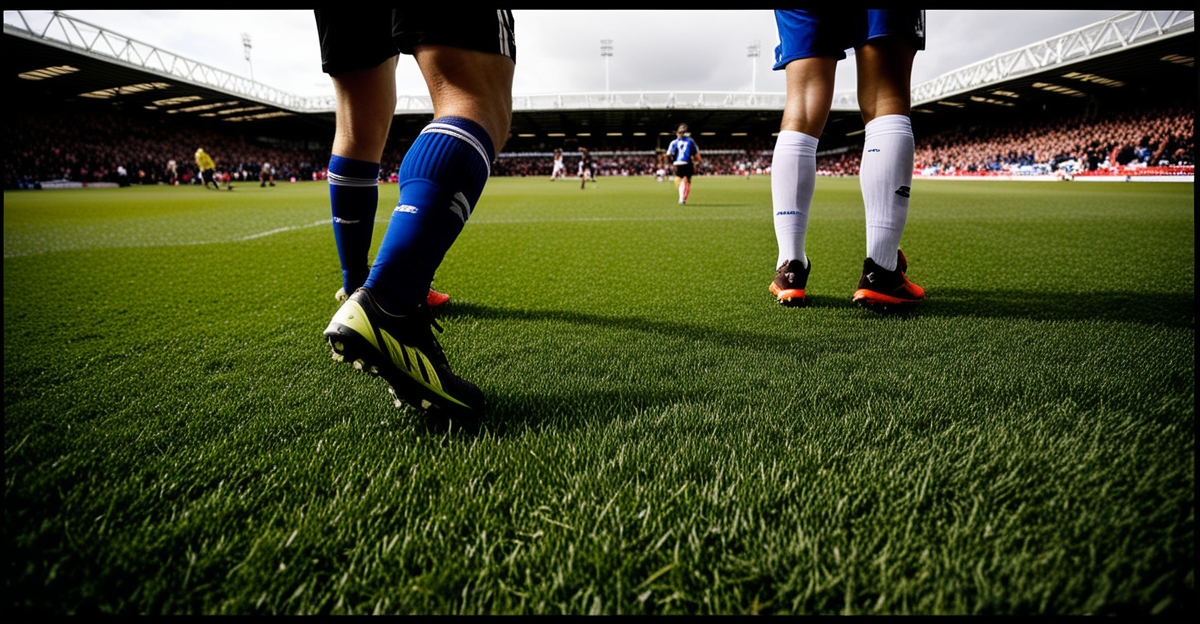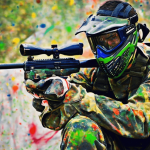The Role of Major Sports in Shaping UK Traditions
Major sports like football, rugby, and cricket are deeply intertwined with the UK sports culture and have been instrumental in forging cultural rituals and annual events. Football tradition, for example, isn’t just a game but a yearly ritual, with fixtures like the FA Cup final becoming national celebrations. Rugby and cricket similarly influence the cultural calendar with events such as the Six Nations Championship and the County Championships, embedding sports deeply into local and national identity.
Historically, milestones like the first FA Cup in 1871 and the Ashes series between England and Australia have cemented these sports in the fabric of UK life. These events foster a sense of continuity and pride, passing sporting heritage from generation to generation.
Also to discover : How do UK sports initiatives promote health and wellness?
The persistent impact of this heritage extends beyond game days. It influences community gatherings, school activities, and even holiday traditions, showcasing how rugby and cricket influence have become part of daily lifestyles. This rich tapestry of sports tradition continually shapes how people in the UK engage with each other, highlighting the profound role of these sports in cultural expression.
Community Identity and Social Bonds Formed Through Sport
Sports play a pivotal role in community sports engagement by strengthening local identity. When local teams succeed, pride swells, creating collective joy and a shared narrative that binds neighborhoods. This effect is seen vividly across the UK, where football, rugby, and cricket clubs serve as focal points for community spirit.
Have you seen this : How does the media shape public perception of UK sports?
How do sports foster social cohesion? Sporting events act as social hubs. Fans gather regularly, participating in established rituals that go beyond watching the game. These gatherings build support networks, forging friendships and mutual encouragement within communities. The significance of these interactions lies in their frequency and emotional depth, reinforcing ties among diverse groups.
The culture among fans is especially telling. Rituals such as chants, match-day routines, and post-game socials become ingrained practices. Such activities heighten belonging and contribute to a unique fan culture that influences daily social life. For instance, neighborhood pubs and local parks become meeting spots, turning sports from mere entertainment into a communal experience.
In sum, fan communities energized by sports extend beyond the pitch to shape everyday social interactions, fostering unity and a sense of belonging essential to UK social fabric.
Economic Effects of Sporting Success on Local Communities
Sporting success significantly boosts the local sports economy, creating tangible financial benefits for communities. When teams perform well, nearby businesses such as pubs, restaurants, and shops often see increased patronage. This surge happens during match days but can extend throughout the sports season, driving consistent revenue growth.
How does this translate into broader economic impact? Successful sports teams generate job creation not only within clubs but across service industries tied to events. From stadium staff to local transport services, multiple sectors benefit from the expanded activity surrounding popular fixtures.
Sports tourism is another vital component. Fans travel from across the UK and abroad to attend games or tournaments, injecting additional funds into local economies. This economic impact of sports fosters revitalization in areas that host significant events, supporting hospitality and accommodation providers.
In addition, local governments may leverage this momentum, investing in infrastructure and community projects linked to growing sports popularity, thereby encouraging sustained development.
This interconnected economic web shows how the vibrancy of sporting success extends well beyond the pitch, playing a crucial role in strengthening the financial health and social fabric of local communities.
Cultural Integration and Diversity Driven by Sports
Sports play a pivotal role in sports cultural integration across the UK by bridging diverse communities. How exactly does this happen? Through shared support of teams, individuals from various backgrounds find common ground, fostering inclusion and mutual respect. This dynamic is especially visible in urban areas where multicultural fan bases celebrate their teams together, blending traditions and languages.
Diversity in UK sports is evident not only in fan demographics but also in player representation, reflecting a broad cultural spectrum. These inclusive traditions within football, rugby, and cricket create environments where differences are embraced rather than dividing. Sporting events often become platforms for celebrating cultural heritage, featuring ceremonies and activities that highlight varied identities and histories.
Further, inclusive sporting clubs and community initiatives actively promote participation regardless of ethnicity or background, enhancing social cohesion through community sports engagement. This means that beyond the game, sports provide a setting where cultural barriers diminish and new traditions emerge, enriching the UK sports culture.
In sum, the integration fostered by sports helps weave diversity into the national fabric, making the UK’s sporting landscape a vibrant, inclusive reflection of its population.
Regional Differences in UK Sports-Driven Culture
Regional sports identity in the UK reveals rich variation shaped by history and local customs. For instance, football dominates in northern England, while rugby holds a stronger influence in Wales and parts of Scotland and southwest England. These regional preferences contribute directly to regional differences in sports culture.
Distinctive fan behaviors are a hallmark of these differences. Northern football fans are known for passionate chants and deep loyalties, creating vibrant atmospheres in stadiums. Meanwhile, rugby supporters in Wales engage in communal singing, which reinforces local pride and cultural heritage. Such local sporting customs extend beyond stadiums, influencing festivals, parades, and social gatherings unique to each region.
Notable regional teams become symbols of local identity. Clubs like Liverpool and Celtic carry historical significance and embody the spirit of their communities, shaping the regional sports identity further. Their rivalries and triumphs not only galvanize fan communities but also stimulate economic and social activities tied to sports.
Overall, these regional dynamics demonstrate how sports act as cultural pillars, reflecting and amplifying the diverse character of the UK’s local cultures.
The Role of Major Sports in Shaping UK Traditions
Football tradition, alongside rugby and cricket, profoundly shapes UK sports culture by embedding itself in cultural rituals and annual events. Iconic fixtures such as the FA Cup final symbolize more than competition; they act as national celebrations that connect communities. The influence of rugby and cricket also manifests clearly, with events like the Six Nations Championship and the Ashes series becoming cornerstones of British life.
Historical milestones have cemented these sports’ presence in the UK’s cultural identity. The inception of the FA Cup in 1871 and enduring cricket rivalries serve as landmarks that anchor these traditions historically and socially. This longstanding heritage transcends sport, influencing schools, community gatherings, and even seasonal festivities across the country.
The impact remains persistent today. Sporting heritage continuously informs lifestyles and social interactions, allowing these major sports to act as living traditions. Their influence permeates beyond the pitch, reinforcing bonds and cultural expressions tied to British identity through the ongoing celebration of football tradition, rugby, and cricket influence.








